MercoPress. South Atlantic News Agency
Tag: Margaret Chan
-
Wednesday, March 1st 2017 - 17:11 UTC
WHO stresses urgent need for R&D for drug-resistant tuberculosis
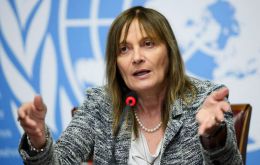
The World Health Organization reaffirms the critical need for research and development (R&D) of new antibiotics to tackle the threat of drug-resistant tuberculosis (TB). “Addressing drug-resistant TB research is a top priority for WHO and for the world,” said Dr Margaret Chan, WHO Director-General. “More than US$ 800 million per year is currently necessary to fund badly needed research into new antibiotics to treat TB.”
-
Monday, October 17th 2016 - 19:02 UTC
TB remains the leading infection killer in the world; global efforts to end the epidemic are falling far short
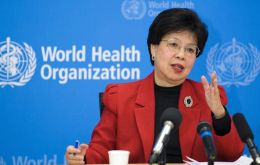
New data published by the World Health Organization (WHO) in its 2016 Global Tuberculosis (TB) Report show that countries need to move much faster to prevent, detect and treat the disease if they are to meet global targets. Governments have agreed on targets to end the TB epidemic both at the World Health Assembly and at the United Nations General Assembly within the context of the Sustainable Development Goals.
-
Tuesday, May 31st 2016 - 06:16 UTC
World No Tobacco Day, 31 May 2016: Get ready for plain packaging

Recent moves to introduce plain (standardized) packaging of tobacco products can save lives by reducing demand for tobacco products, say the World Health Organization (WHO) and the WHO Framework Convention on Tobacco Control Secretariat (WHO FCTC).
-
Tuesday, February 2nd 2016 - 06:05 UTC
Zika virus declared an international public health emergency

The World Health Organization has declared the mosquito-borne Zika virus to be an international public health emergency due to its link to thousands of suspected cases of birth defects in Brazil.
-
Monday, February 1st 2016 - 06:12 UTC
WHO Emergency committee meets in Geneva to address the Zika virus situation
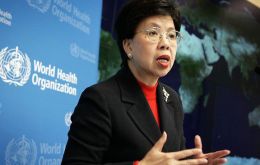
The World Health Organization Director-General Margaret Chan has briefed on the Zika virus situation. In the briefing Ms Chan gave a brief history of the disease and explained why WHO is so deeply concerned.
-
Friday, January 29th 2016 - 03:45 UTC
WHO admits as possible four million cases of Zika; emergency meeting Monday

The World Health Organization (WHO) expects the Zika virus, which is spreading through the Americas, to affect between three million and four million people, a disease expert said on Thursday. WHO's director-general said the spread of the mosquito-borne disease had gone from a mild threat to one of alarming proportions.
-
Thursday, November 26th 2015 - 07:40 UTC
International Day for the Elimination of Violence against Women
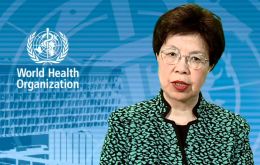
On 25 November, the World Health Organization (WHO) joins partners in calling for the elimination of all forms of violence against women and girls to ensure their health, well-being and human rights.
-
Thursday, October 29th 2015 - 14:50 UTC
Tuberculosis mortality nearly halved since 1990
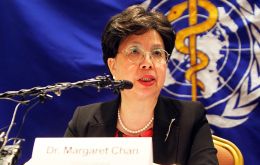
The fight against tuberculosis is paying off, with this year’s death rate nearly half of what it was in 1990. Nevertheless, 1.5 million people died from TB in 2014. Most of these deaths could have been prevented, according to the World Health Organization’s Global Tuberculosis Report 2015, which was released on Wednesday in Washington, DC.
-
Wednesday, July 8th 2015 - 01:05 UTC
WHO: Stepped up government tax action needed to curb tobacco epidemic
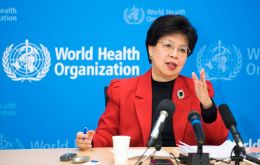
Too few governments levy appropriate levels of tax on cigarettes and other tobacco products. They therefore miss out on a proven, low-cost measure to curb demand for tobacco, save lives and generate funds for stronger health services, according to the World Health Organization’s Report on the Global Tobacco Epidemic-2015.
-
Friday, May 29th 2015 - 09:22 UTC
WHO calls for action against illicit tobacco trade on World No Tobacco Day
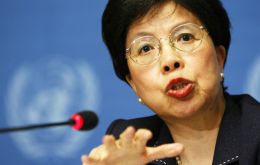
Eliminating the illicit trade in tobacco would generate an annual tax windfall of 31 billion dollars for governments, improve public health, help cut crime and curb an important revenue source for the tobacco industry. Those are the key themes of World No Tobacco Day on May 31 when the World Health Organization will urge Member States to sign the Protocol to Eliminate the Illicit Trade in Tobacco Products.
